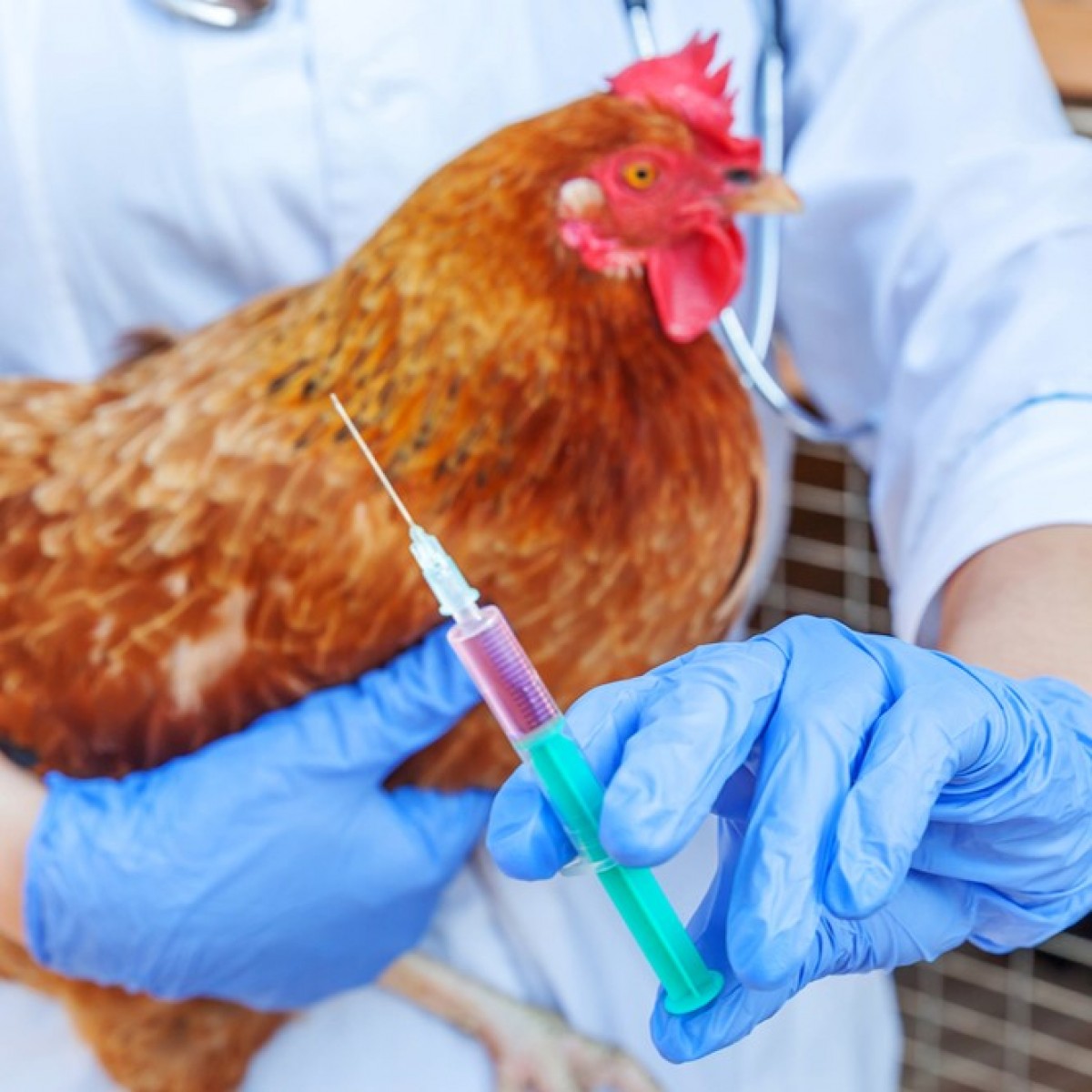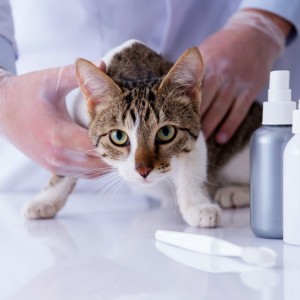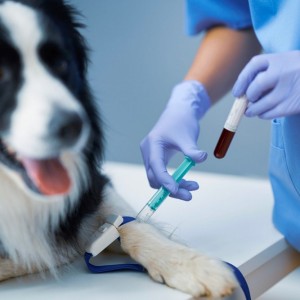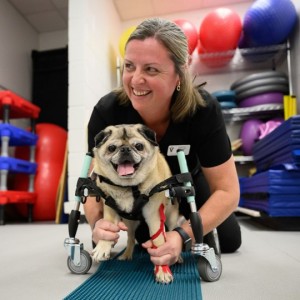Review of Nonfoodborne Zoonotic and Potentially Zoonotic Poultry Diseases
Emerging and re-emerging diseases are continuously diagnosed in poultry species. A few of these diseases are known to cross the species barrier, thus posing a public health risk and an economic burden. We identified and synthesized global evidence for poultry nonfoodborne zoonoses to better understand these diseases in people who were exposed to different poultry-related characteristics (e.g., occupational or nonoccupational, operational types, poultry species, outbreak conditions, health status of flocks).
This review builds on current knowledge on poultry zoonoses/potentially zoonotic agents transmitted via the nonfoodborne route. It also identifies research gaps and potential intervention points within the poultry industry to reduce zoonotic transmission by using various knowledge synthesis tools such as systematic review (SR) and qualitative (descriptive) and quantitative synthesis methods (i.e., meta-analysis). Overall, 1663 abstracts were screened and 156 relevant articles were selected for further review. Full articles (in English) were retrieved and critically appraised using routine SR methods. In total, eight known zoonotic diseases were reviewed: avian influenza (AI) virus (n = 85 articles), Newcastle disease virus (n = 8), West Nile virus (WNV, n = 2), avian Chlamydia (n = 24), Erysipelothrix rhusiopathiae (n = 3), methicillin-resistant Staphylococcus aureus (MRSA, n = 15), Ornithonyssus sylvarium (n = 4), and Microsporum gallinae (n = 3). In addition, articles on other viral poultry pathogens (n = 5) and poultry respiratory allergens derived from mites and fungi (n = 7) were reviewed.
The level of investigations (e.g., exposure history, risk factor, clinical disease in epidemiologically linked poultry, molecular studies) to establish zoonotic linkages varied across disease agents and across studies. Based on the multiple outcome measures captured in this review, AI virus seems to be the poultry zoonotic pathogen that may have considerable and significant public health consequences; however, epidemiologic reports have only documented severe human cases clustered in Asia and not in North America. In contrast, avian Chlamydia and MRSA reports clustered mainly in Europe and less so in North America and other regions. Knowledge gaps in other zoonoses or other agents were identified, including potential direct (i.e., nonmosquito-borne) transmission of WNV from flocks to poultry workers, the public health and clinical significance of poultry-derived (livestock-associated) MRSA, the zoonotic significance of other viruses, and the role of poultry allergens in the pathophysiology of respiratory diseases of poultry workers.
Across all pathogens reviewed, the use of personal protective equipment was commonly cited as the most important preventive measure to reduce the zoonotic spread of these diseases and the use of biosecurity measures to reduce horizontal transmission in flock populations. The studies also emphasized the need for flock monitoring and an integrated approach to prevention (i.e., veterinary-public health coordination with regard to diagnosis, and knowledge translation and education in the general population) to reduce zoonotic transmission.
Authors: Agnes Agunos; F. William Pierson; Bwalya Lungu; Patricia A. Dunn; Nathaniel Tablante
Source: https://meridian.allenpress.com/













List
Add
Please enter a comment